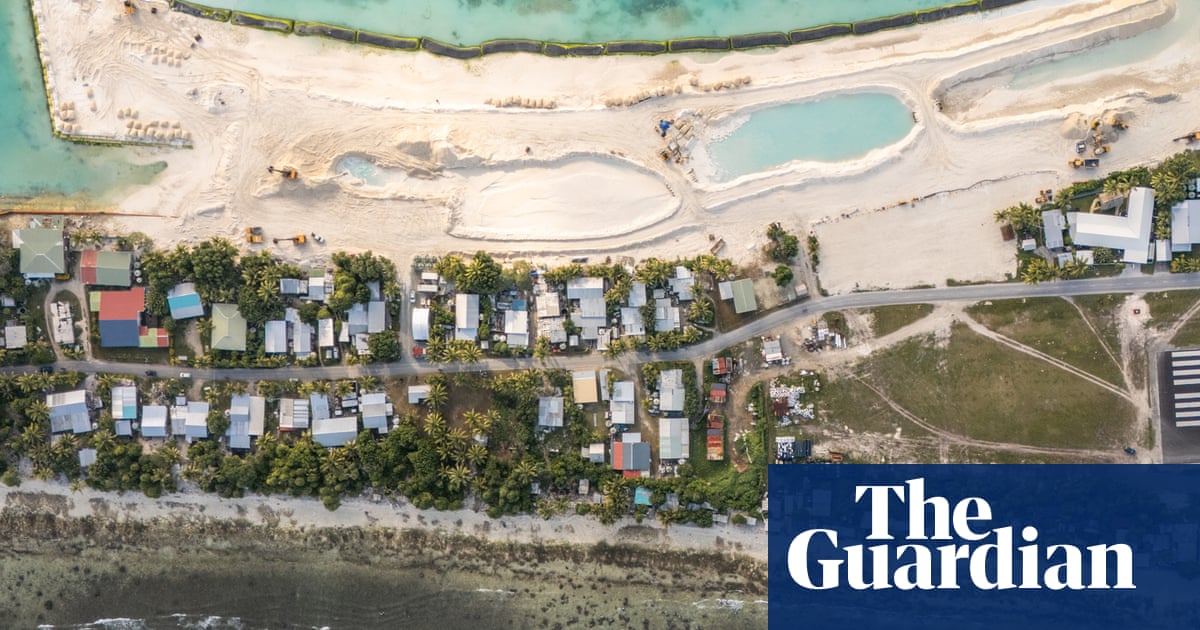UN Special Rapporteur on the right to health Tlaleng Mofokeng on Thursday called on states to stop the targeting and killing of health and care workers and immediately release all health workers being detained, harassed, and tortured. She also urged states to “respect and protect the right to health and its underlying determinants,” including the protection of health care personnel and infrastructure.
Mofokeng noted in her report that health and care workers and facilities often become the targets of violence, looting, or kidnapping during conflict. In 2024, the World Health Organization reported 1,637 cases of attacks on healthcare during ongoing conflicts, causing 937 deaths and 1,774 injuries to health workers. In addition to direct violence against health care workers and facilities during conflict, over 440 health workers were reported arrested or detained in 12 countries and territories in 2023. These occurred during both mass arrests targeting civilians and raids targeting hospitals.
The special rapporteur drew specific attention to the Gaza Strip, noting that 1450 such attacks occurred in the Occupied Palestinian Territory since October 7, 2023, with “sustained violence by Israeli forces” severely impacting medical infrastructure in the Gaza Strip. Human rights organizations have also documented at least 310 health and care workers as arbitrarily detained by Israeli forces. With reference to testimonials by international health and care workers, Mofokeng further claims that the Israeli military had directly targeted healthcare workers during operations.
Mofokeng said: “Conflict zones are becoming ‘no human rights zones’, where doctors, paramedics are being persecuted and targeted for doing life-saving work … [M]edical facilities are being attacked to such an extent that injured victims have no access to care or appropriate treatment and therefore, no chance of survival.”
The laws of armed conflict, including treaty and customary law, require all parties to a conflict to distinguish between civilians and combatants, as well as between military and civilian objects, and attacks cannot be directed against civilians or civilian objects, while the expected incidental harm against civilians must not be excessive compared to the direct and concrete anticipated military advantage gained by the attack. Health workers, both military and civilian, also benefit from specific protection under LOAC.
Outside of protecting care workers during conflict, Mofokeng also expressed the need to uphold health care workers’ rights as both rights holders themselves and as a group “uniquely positioned to act as catalysts for health equity.” She noted that violations of health workers’ rights create additional challenges that result in unfair, unhealthy, and unsafe working environments. These challenges often have disproportionate impacts on historically vulnerable groups, such as black people, women, LGBTQIA+, and foreign-born/qualified professionals, which can lead to a lack of diversity among health and care workers and undermine the quality of care for patients from marginalized groups.









 English (US) ·
English (US) ·